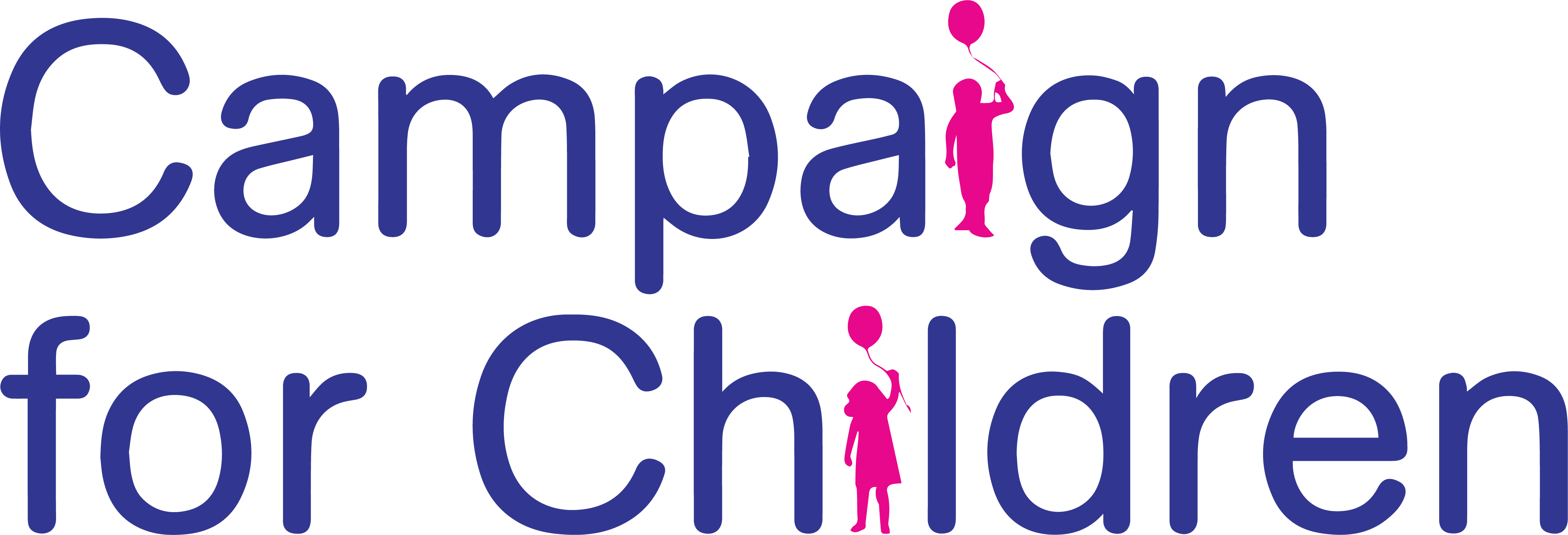Tell NYC Leaders They Must Support Care for Children and Youth

Urge New York City to Invest in Early Care and Education and Afterschool Services in the Budget
High-quality care (early care and education, afterschool and summer programming) is essential to the lives of families, offering parents and caretakers the freedom and flexibility to work, and giving children and youth the opportunity to develop socially, emotionally, and academically. Unfortunately, too many families throughout the city face severe barriers accessing care.
Many New York City families are facing an affordability crisis when seeking care for their children. More than 80% of families with children under five cannot afford child care in the city, while nearly four out of five families citywide cannot afford out-of-school care for school-aged children. In many communities, families pay up to 63% of their annual income on these services. The inability to secure childcare resulted in a loss of $23 billion in economic activity in New York City in 2022 and is forcing New Yorkers to leave the city.
The Executive Budget takes important steps towards strengthening afterschool programs by including $21 million in FY26 to add 5,000 new K-5 afterschool seats, and committing to increase funding to $331 million by FY27 to serve 20,000 additional students by FY28. Though these investments are a crucial step towards achieving universal afterschool, this funding does not address the staffing crisis afterschool programs are experiencing due to low wages. SONYC and COMPASS have both been deeply underfunded for years. The programs have been operating at a decade old rate while trying to survive through inflation and loss of other funding sources. City leaders must raise the rates of providers in order to have a healthy, thriving afterschool system. Expanding capacity without increasing almost decade-old payment levels will continue to devalue the workforce and further destabilize the afterschool system.
Additionally, while we were pleased that Mayor Adams restored and baselined funding for 3-K, preschool special education classes, and ECE extended day programs, many critical programs either received one year funding – like ECE outreach – or were left out, like funding to ensure preschoolers receive the special education services and evaluations they need. Join us in advocating that City leaders invest in the services children, youth, and families need to thrive.
